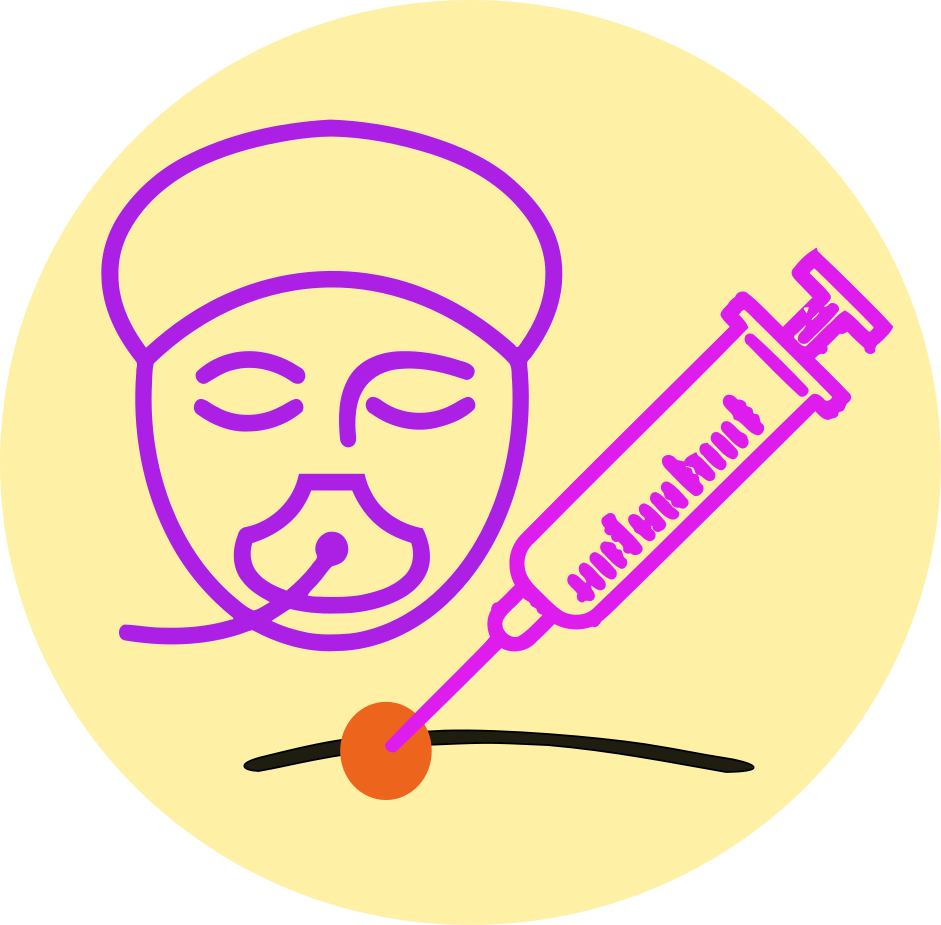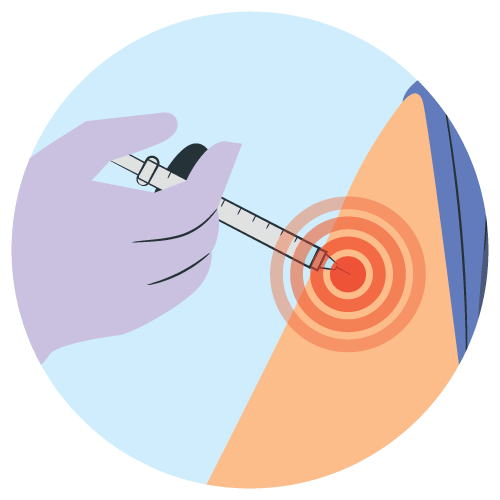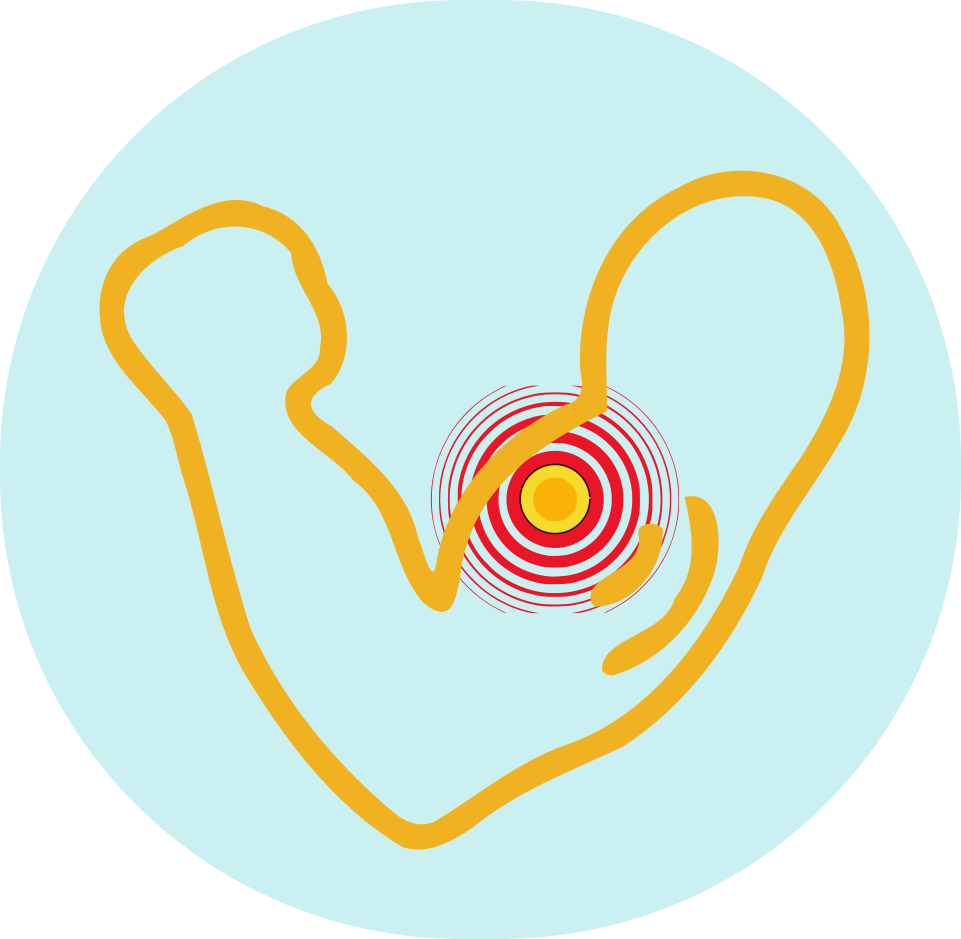| Name | Etomidate |
| Classes |
Central Nervous System Agent Anesthetic |
| Diseases |
Anesthesia |
Etomidate
Etomidate is a short-acting intravenous anesthetic that functions by binding to the gamma-aminobutyric acid (GABA) type-A receptor, increasing the inhibitory effects of GABA. This leads to hyperpolarization and inhibition of neuronal activity, resulting in anesthesia.
Etomidate is indicated for:
- Induction of general anesthesia
- Sedation for intubation and mechanical ventilation in critically ill patients
For both adults and children:
- Administer an intravenous dose of 0.3 mg/kg body weight during the induction of anesthesia, resulting in a sleep duration of approximately 4 to 5 minutes. The dosage should be adjusted based on individual patient response and clinical effects.
- In children under 15 years old, the dosage might need adjustment, and occasionally, a supplementary dose of up to 30% of the standard adult dose may be required to achieve a similar depth and duration of sleep as seen in adults.
For the elderly:
- Give a dose ranging from 0.15 to 0.2 mg/kg body weight, with further adjustments based on the individual patient's response and clinical effects (refer to Section 4.4, Special Warnings and Precautions for Use).
As Etomidate lacks analgesic properties, appropriate analgesics should be administered for procedures involving painful stimuli.
The hypnotic effect can be prolonged by additional Etomidate injections.
Caution should be exercised to avoid exceeding a total dose of 30 ml (equivalent to 3 ampoules) per procedure.
Most Common Adverse Reactions include-
- Pain at the injection site
- Myoclonic movements
- Nausea and vomiting
- Transient skeletal muscle movements
-
Adrenal Suppression:
- Etomidate may suppress adrenal function, particularly in patients with pre-existing adrenal insufficiency.
-
Cardiovascular Effects:
- Caution is advised in patients with cardiovascular instability as Etomidate can cause changes in blood pressure and heart rate.
-
Respiratory Depression:
- Monitor respiratory function closely, especially in patients with compromised respiratory status.
-
Propylene Glycol Content:
- Etomidate formulations may contain propylene glycol; use with caution in patients at risk of propylene glycol-related toxicity.
Contraindication
Hypersensitivity to the active substance or to any of the excipients.
None known.
None known.
 Bangla
Bangla English
English


